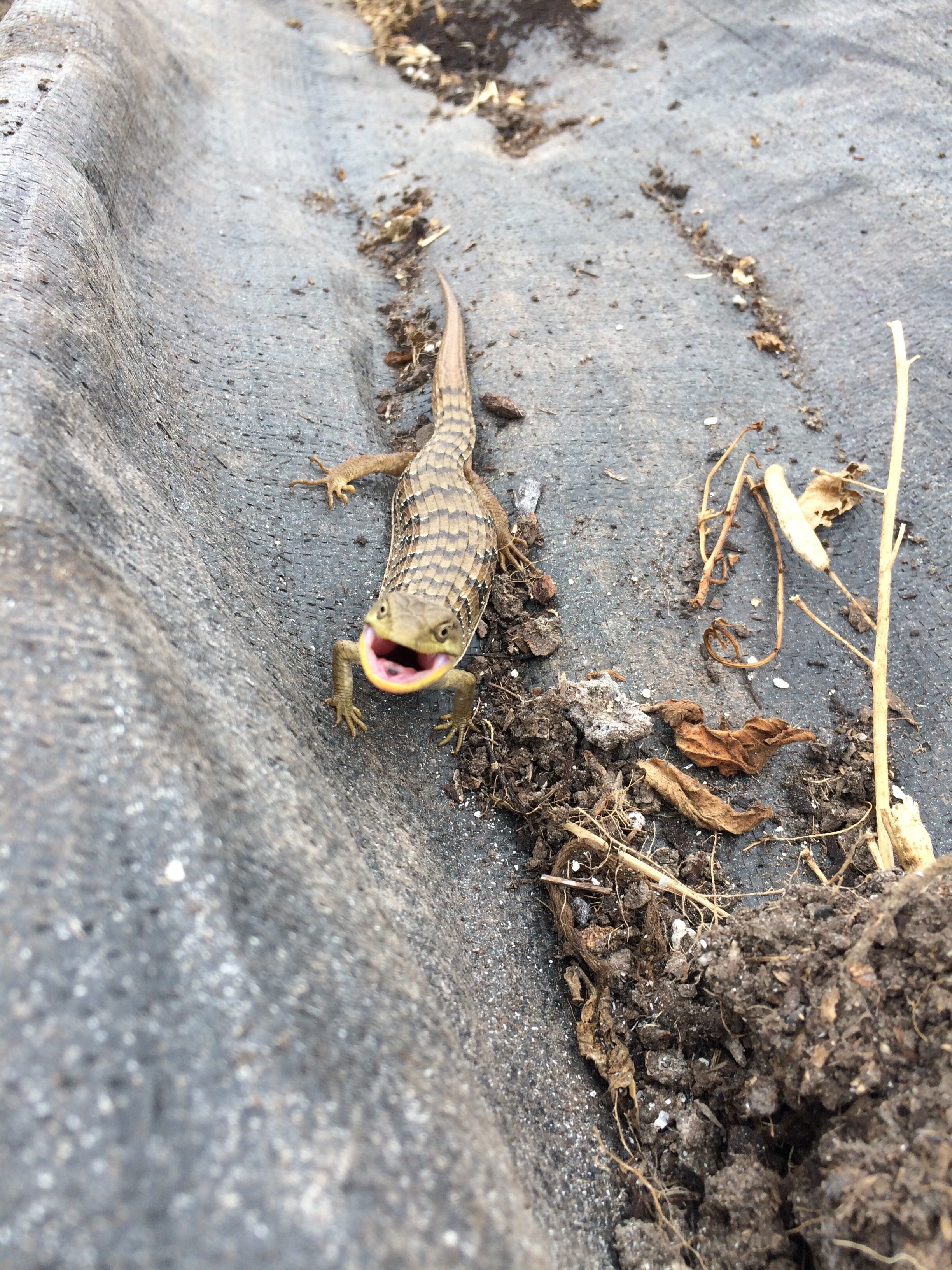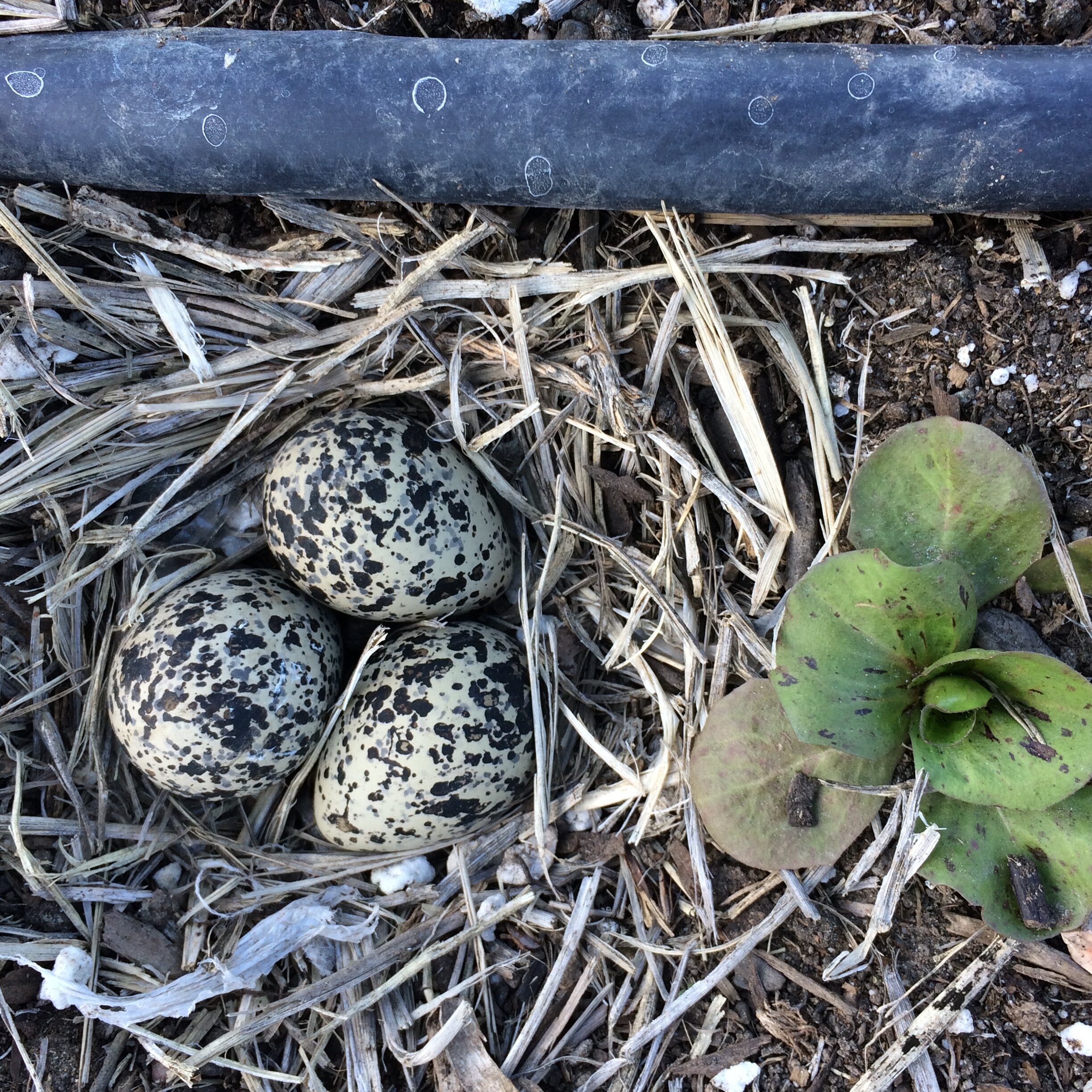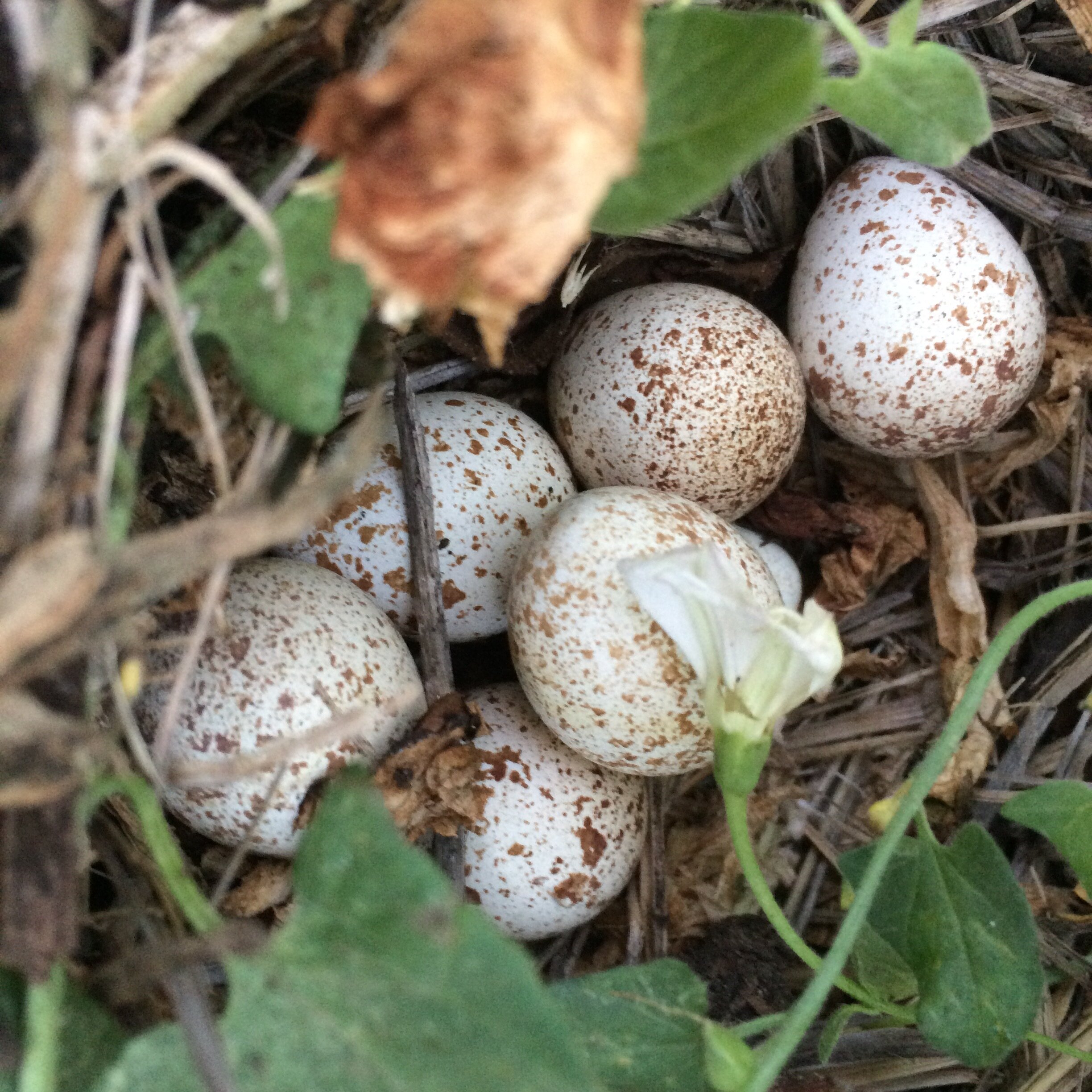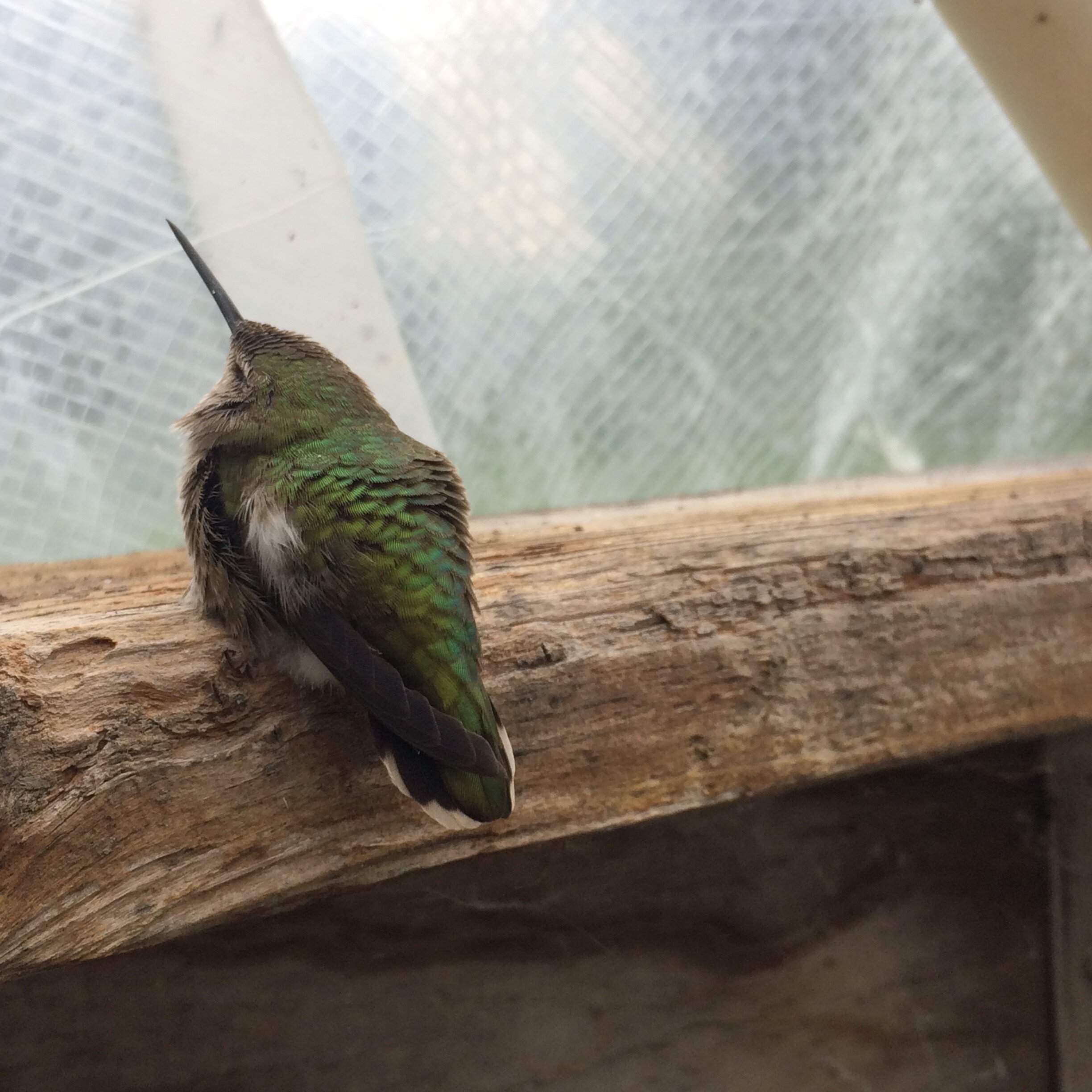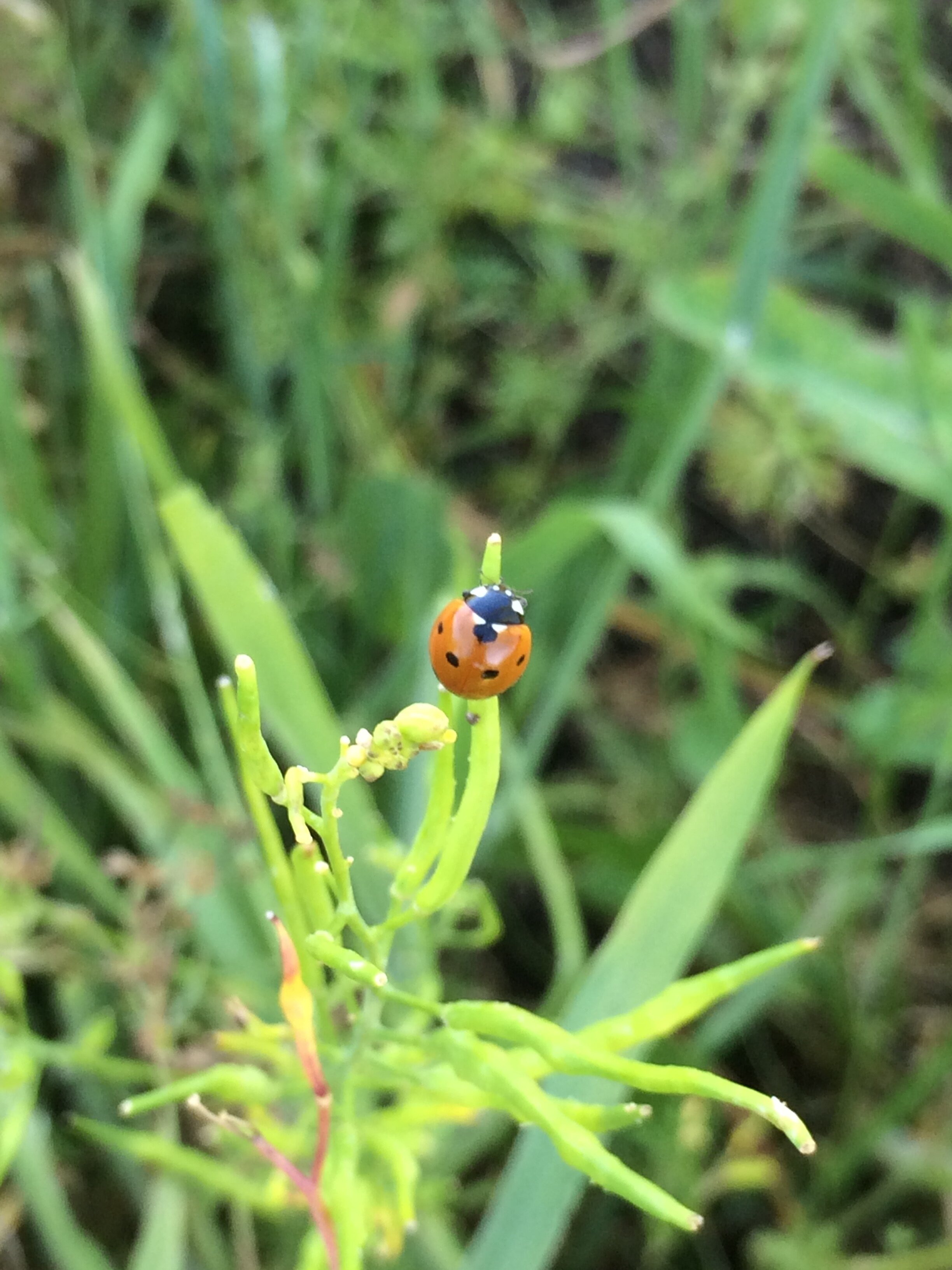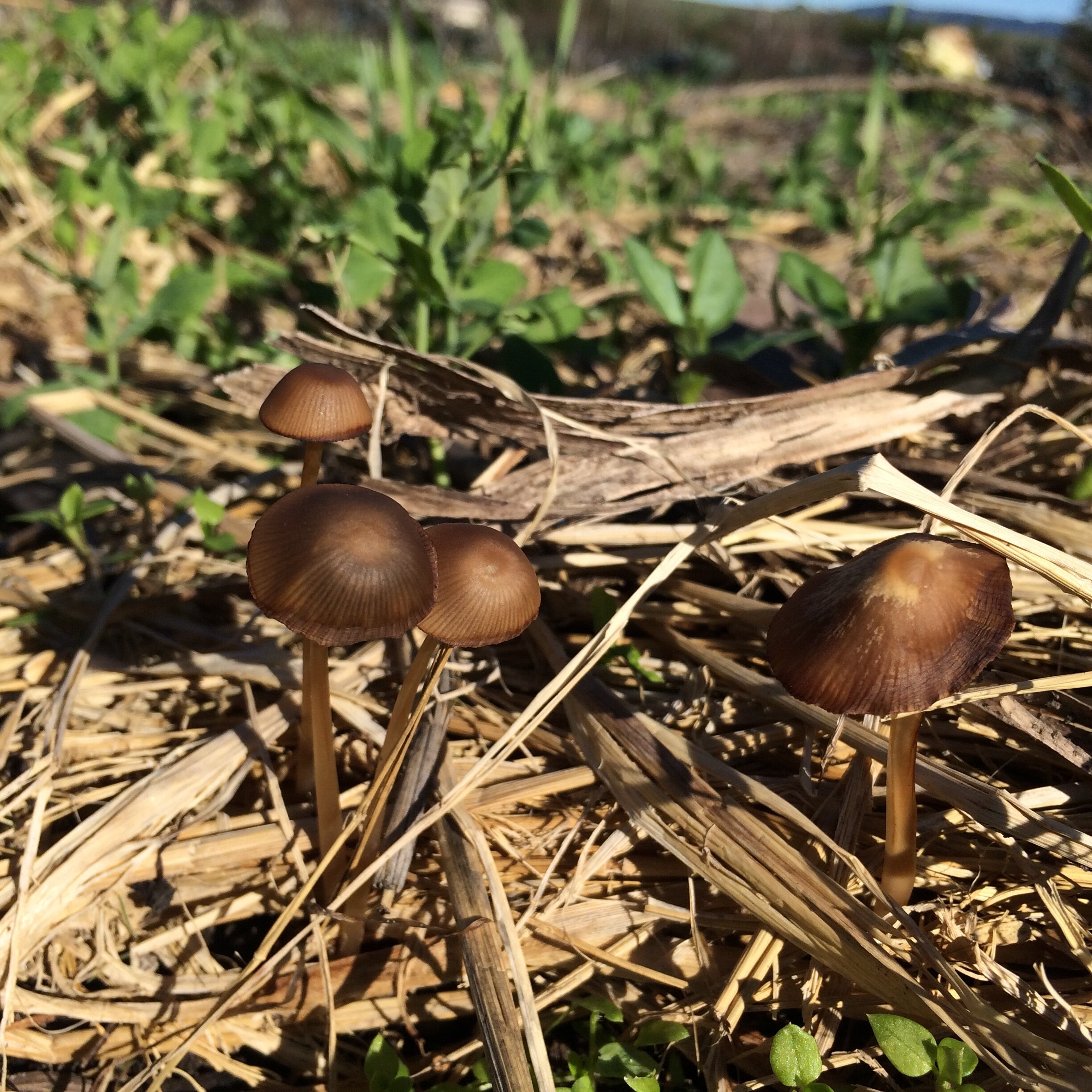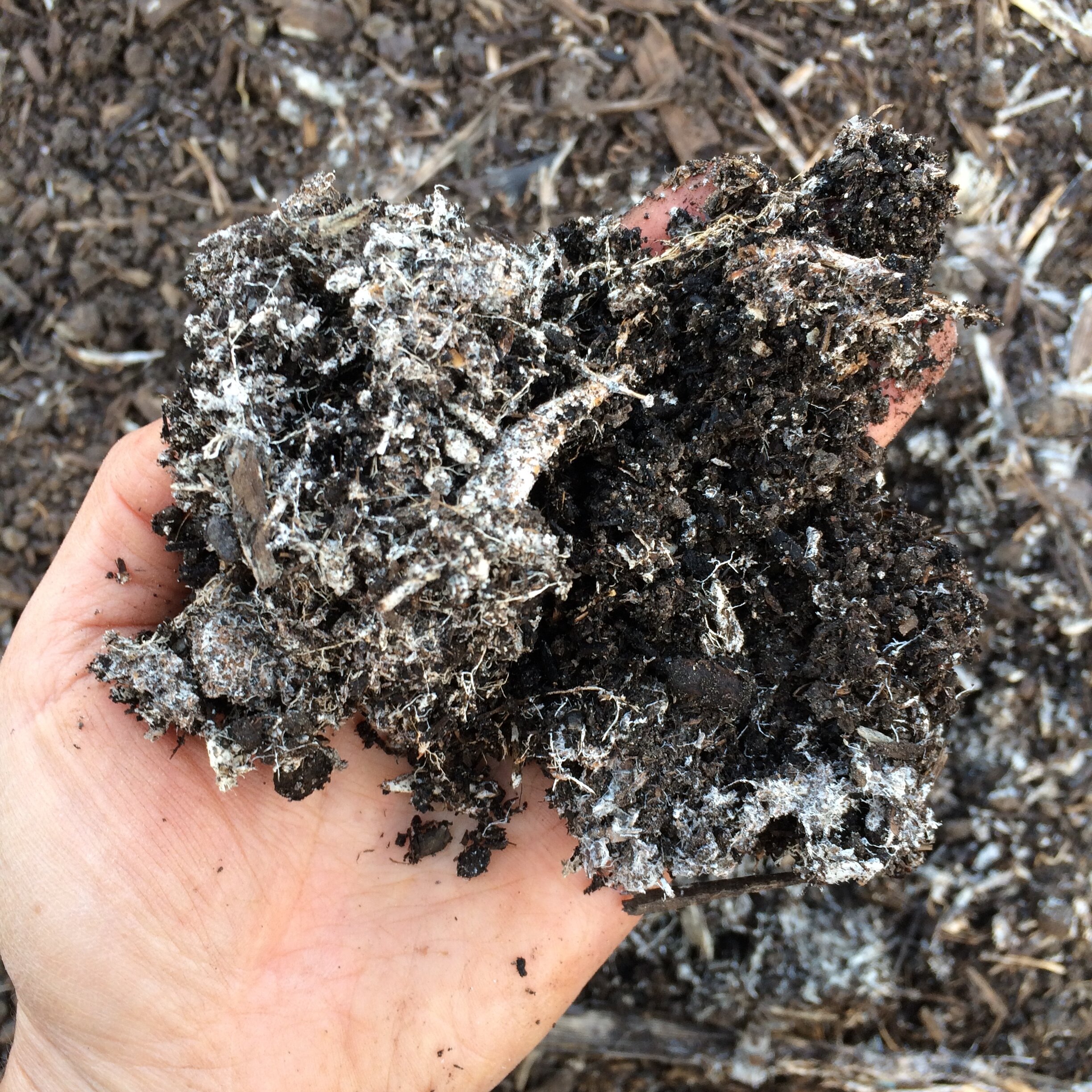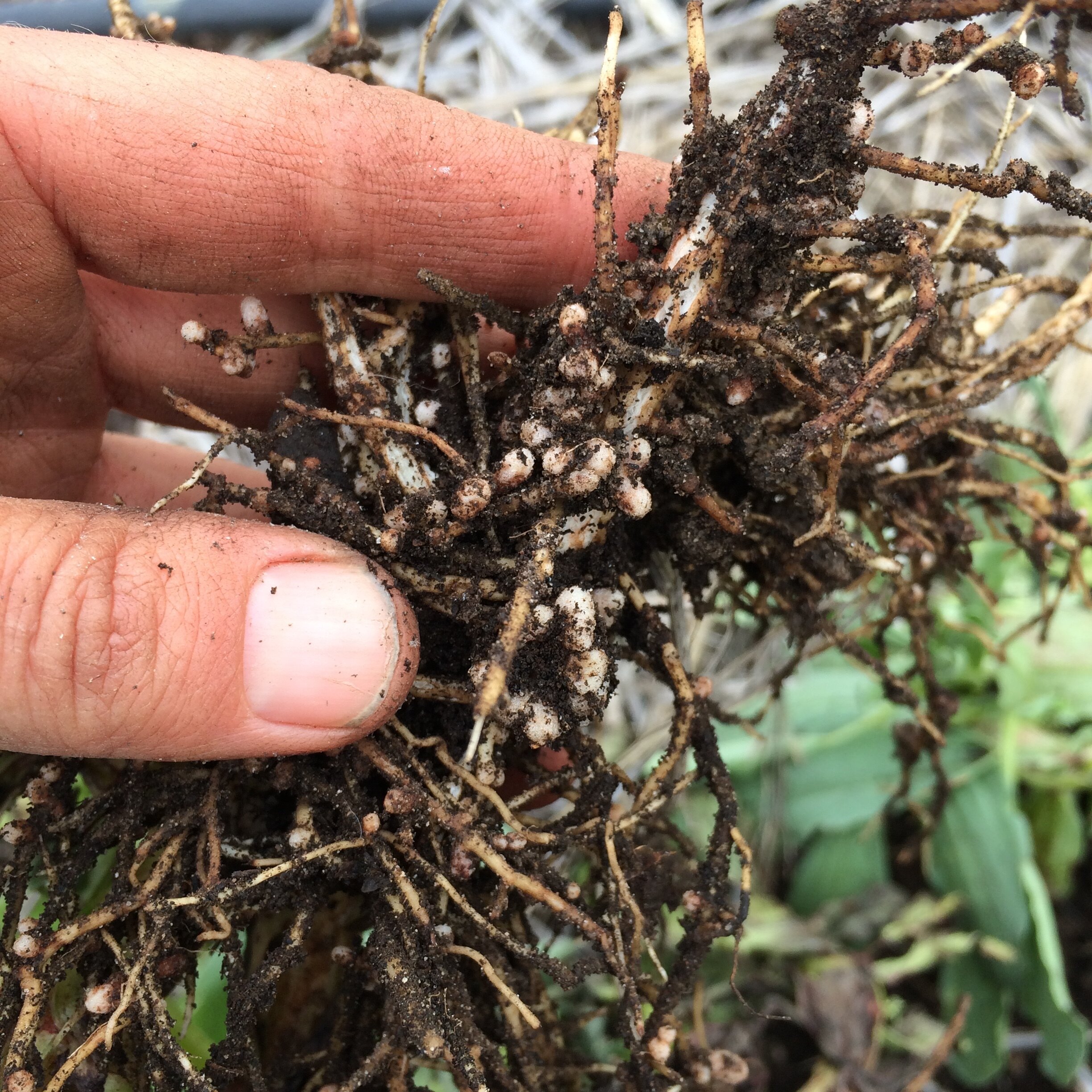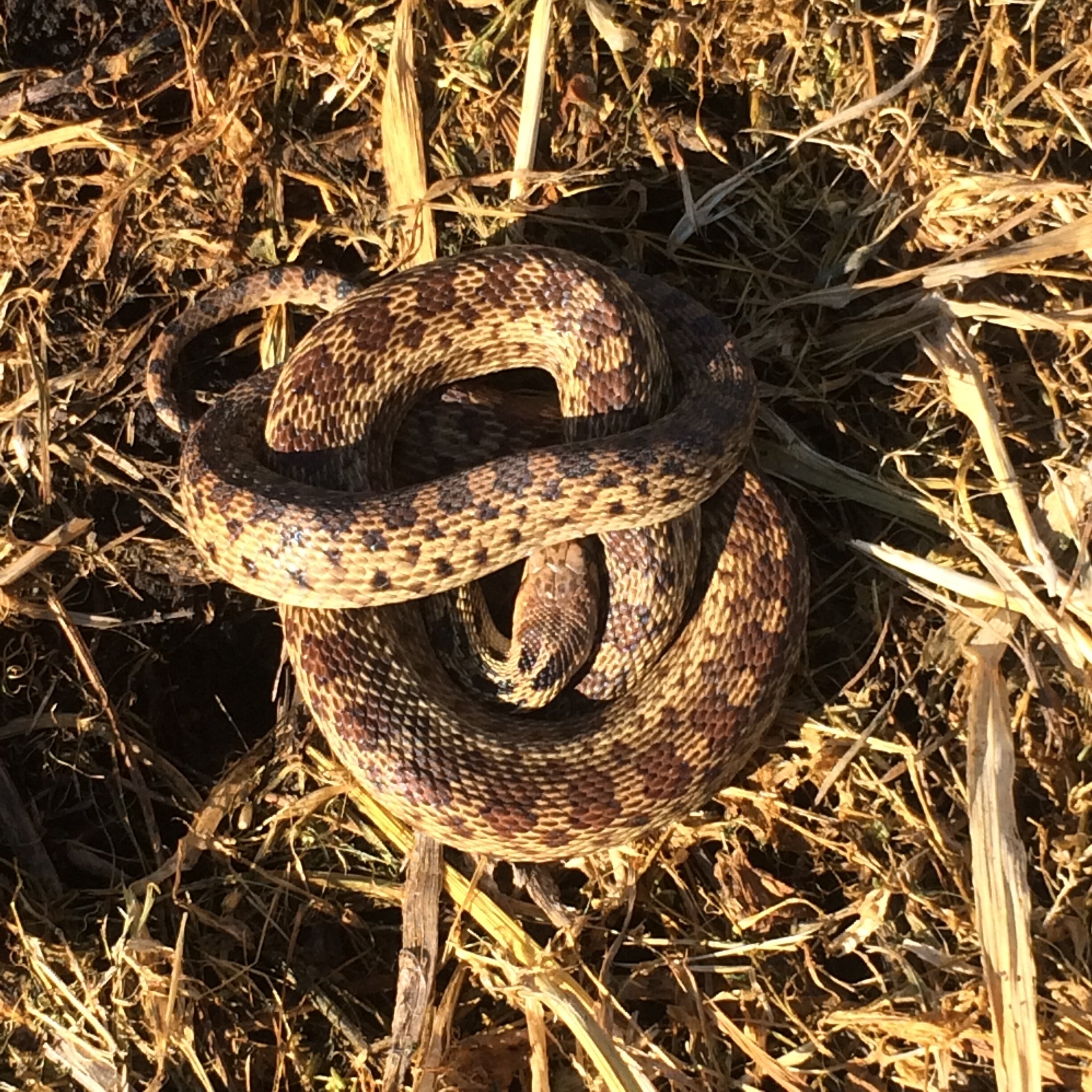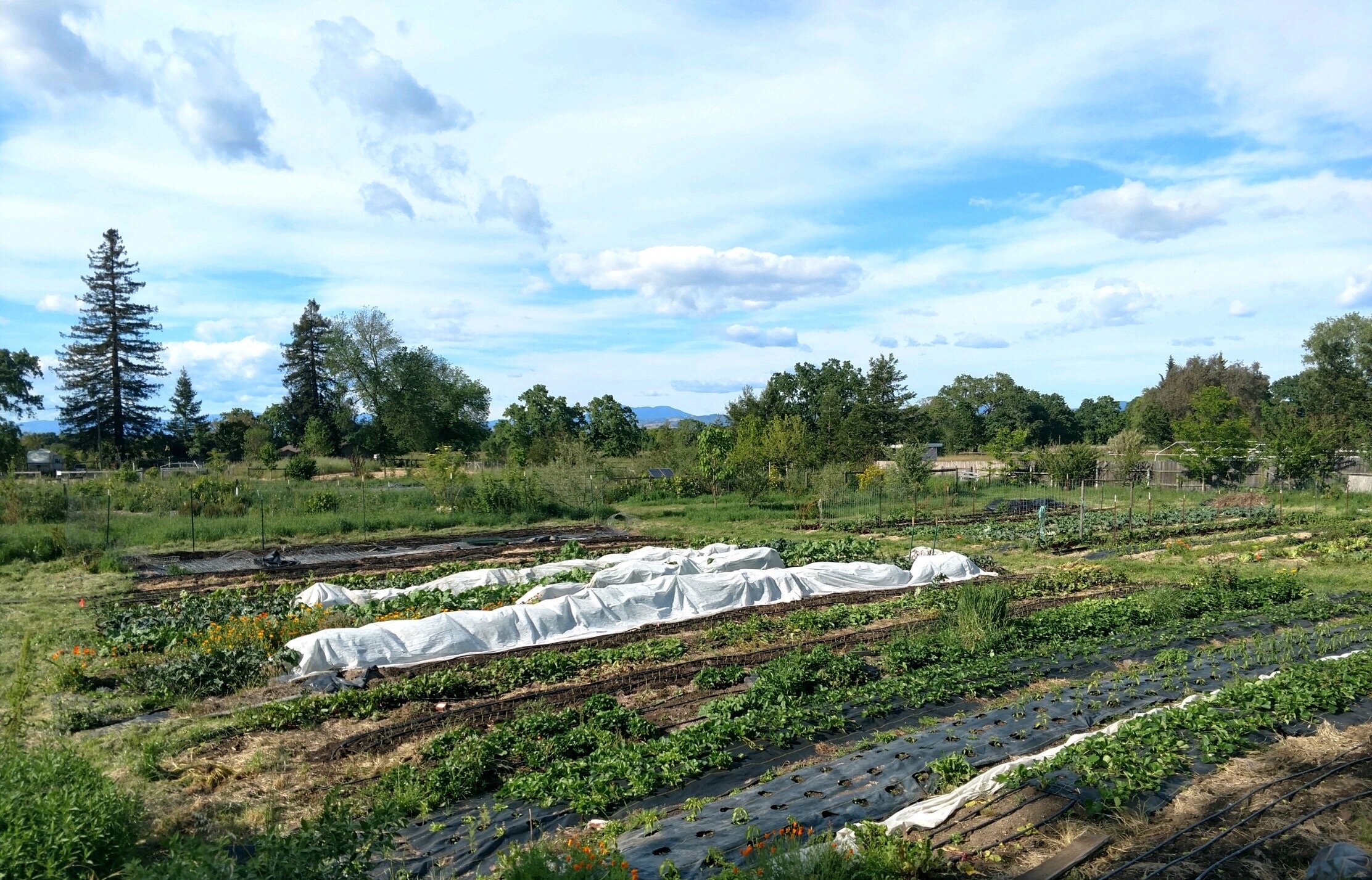
Founded by Caiti Hachmyer in 2009, Red H Farm is a 1.2 acre agroecological vegetable farm located on the unceded territory of the Coast Miwok people, outside of the town of Sebastopol, California, where Caiti grew up. Red H Farm is grounded in the agroecological ethics of growing soil, conserving water, fostering biodiversity, cultivating community and building equity.
At the heart of Agroecology lies the notion of being in right relationship with our ecosystem - recognizing ourselves as, in fact, a part of it. At Red H Farm we use covercrop, compost, straw mulch, alfalfa mulch, weed mulch, ferments and compost teas to grow our soil biology, increase organic matter, increase water-holding capacity and sequester carbon. This is complimented by our no-till, hand scale labor practices. We use drip irrigation to conserve water and dry-farm a number of crops, relying on the water holding capacity of our soil from winter rains. We are slowly growing our perennial zones to provide forage and shelter for insects, reptiles, birds and mammals. We integrate annual pollinator habitat through both plantings and the cultivation of self-propagating plants like yarrow, ammi, calendula, wild radish, sunflowers, and tithonia.
More than just a production farm, Red H has become a learning laboratory and a community building space. Through our commitment to farmer-to-farmer education models, the farm has been a site for mentorship and instruction through the Bay Area Farmer to Farmer Training Program. It has been a virtual learning environment through Caiti’s Agroecology course at Sonoma State University. We host a handful of tours each year, and provide daily windows into tending land to our community through social media.
The farm was also the launch site for the annual conference Celebrating Women’s Leadership in Food and remains a space for women and gender non-binary farmers from around California to gather, share resources and build community. Caiti’s commitment to equity and social change are centered in this work and the farm is a hub for connecting farmers across difference to support and advance a social movement of women in food and farming, amplifying and co-conspiring with the leadership of women of color in the movement.
We believe that the re-centering of foodways and land tending as a cultural cornerstone is critical to mitigating climate change and building a more just world. Food brings us back to ourselves (through nourishing the body), to community (through nourishing others and through the magic of gathering) and to the land (through connection to its stewardship). Join us on this journey!
